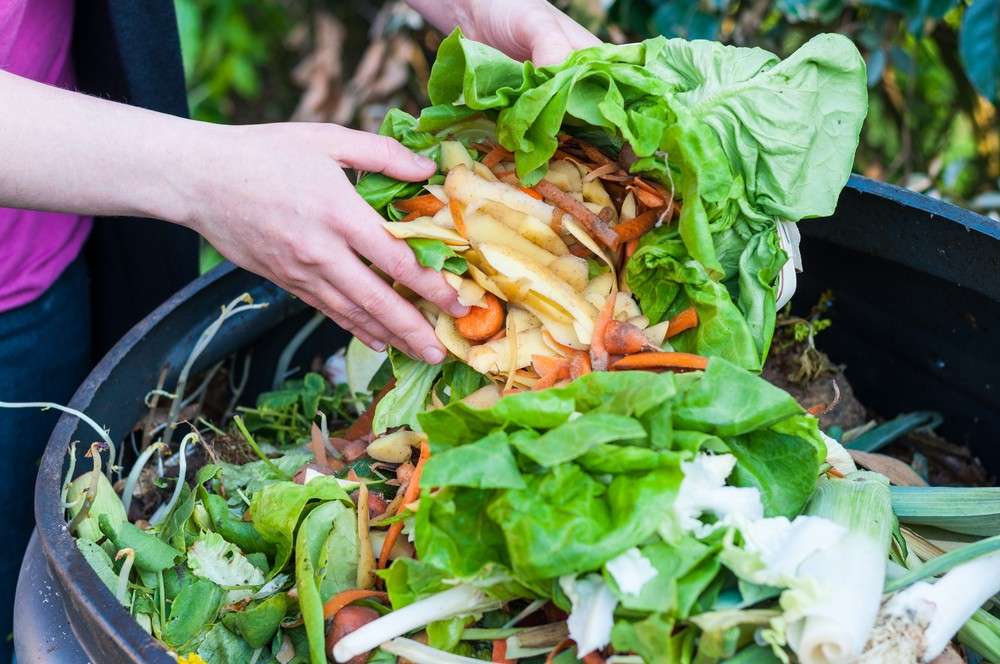TL;DR – Technology helps, but is it the right solution?
Technology is amazing. It can solve a lot of many of our problems. But sometimes, technology isn’t the right solution. It treats the symptoms, but not the root of the problem. Take food waste for example.
Recently, Waste Management and Recycling Association of Singapore (WMRAS) conducted a professional sharing session. At the session, there was a demonstration of a machine known as the Biomax Thermophilic Digester. The machine converts food waste such as vegetable, poultry, bones, egg shell, tissue paper and fruit peel into pathogen-free organic fertilisers.
Grand Hyatt, a hotel near Orchard Road, is one of the companies that uses this machine. Apparently, the hotel can recycles 500kg of food waste in a 24 hour cycle. It uses the fertilisers generated from the recycled food for the its landscaping purposes. In so doing, it saves $100,000.

Isn’t it more important to reduce food waste?
Sounds good doesn’t it? But wait. Back up a little. It seems that the hotel generates at least 500kg of food waste every 24 hours.
Think about that. That’s roughly equivalent to the average amount of food that two Singaporeans eat each year. In other words, all that food that is wasted by the hotel could feed 365 Singaporeans.
Of course, the problem isn’t one that is specific to Grand Hyatt. In Singapore, the amount of food wasted has been increasing.

In just 10 years, the annual amount of food we waste has increased by about 41%. Yes, it’s good that we are recycling a greater proportion of our food waste. Yes, it’s good that there is a gradual decline of food waste disposed since 2013.
But, isn’t it more important that we reduce the amount of food waste generated?
Because recycling can, at best, recover part of the value of the food waste that’s generated.
Sign of Singapore’s decadence?
Of course, that’s something far harder to do. Singapore and Singaporeans are now more affluent. We are pickier with our food. If the food has any blemish, we can afford to throw them away. We can now order more food than we need, and then pick and choose to eat only those that we like, throwing the rest away. That sure sounds like one of the signs of decadence that Mr Lim Siong Guan spoke of in his recent lecture.
Unfortunately, technology won’t solve this problem. No amount of Smart Nation initiatives would be able to solve this problem.

We aren’t sure what can be done, or whether anything can be done at all. Can anything be to awaken the conscience of Singaporeans? Will public education campaigns be enough?
Let’s each do our part
Or should we just give up on adults. Habits too ingrained. Lost cause. Focus on educating children instead. But would that work? Would that be enough? We don’t know. One thing we do know is that we hope all Singaporeans will take the effort to minimise, if not prevent, wasting food.
